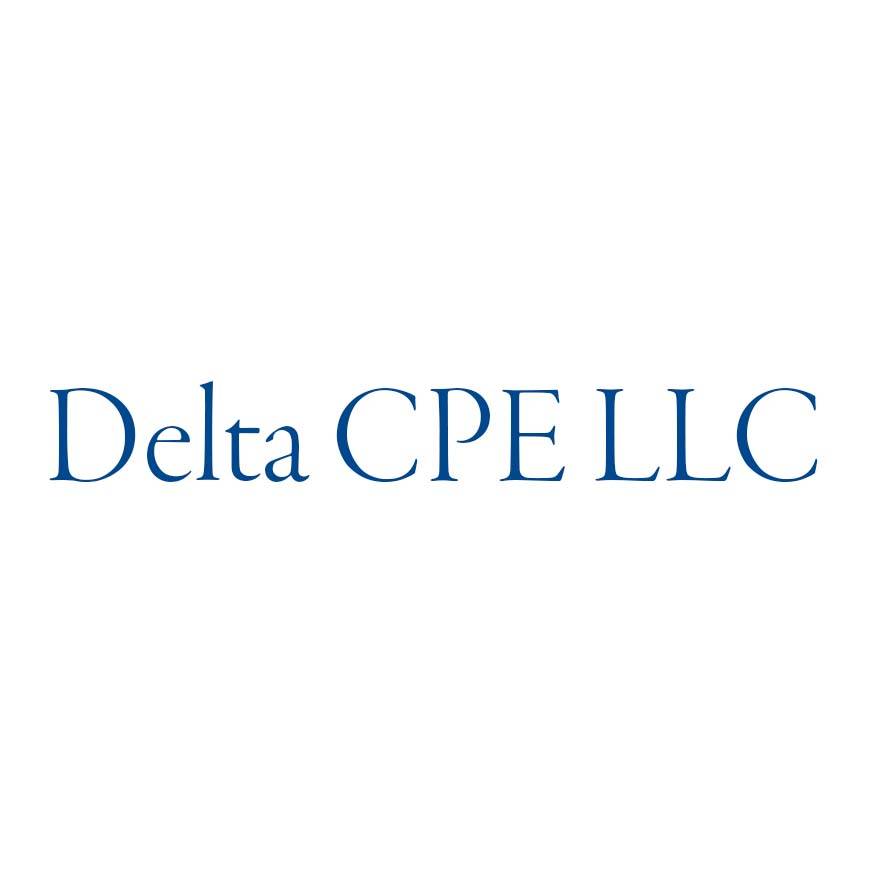Self-Study
Accountant’s Guide to Computers and Information Technology
Learn to enhance your practice through smart IT investments and cloud computing solutions.

$174.00 – $204.00
Webcasts are available for viewing Monday – Saturday, 8am – 8pm ET.
Without FlexCast, you must start with enough time to finish. (1 Hr/Credit)
Please fill out the form below and we will reach out as soon as possible.
CPE Credits
6 Credits: Information Technology
Course Level
Overview
Format
Self-Study
Course Description
In the dynamic world of accounting and finance, staying updated with the latest in computer technology and information systems is crucial but can often seem overwhelming. The Accountant’s Guide to Computers and Information Technology is designed to bridge the knowledge gap, focusing on the practical and efficient use of computer technology in accounting. From understanding the components of an accounting information system to navigating complex software for accounting, tax, and audit purposes, the online technology and accounting course covers it all. This accounting technology course also delves into critical topics like data protection, cloud computing, and security issues, equipping you with the know-how to safeguard sensitive information. Moreover, the financial accounting computer course guides you through the decision-making process for IT investments, including lease-rent-purchase decisions. This CPA technology CPE is tailored to empower accountants with the essential tech-savviness required in today’s digital age, transforming them into proficient and security-conscious professionals.
Learning Objectives
Chapter 1
- After completing this section of the course, you will be able to:
- Identify components of an accounting information system.
- Recognize characteristics of accounting, tax, and audit software.
- Recognize the purpose of extensible business reporting language (XBRL).
Chapter 2
- After completing this section of the course, you will be able to:
- Recognize the function of Activity-Based Costing (ABC) systems.
- Identify the value of managerial software and cash management software.
Chapter 3
- After completing this section of the course, you will be able to:
- Identify the steps in managing computer security.
- Recognize failure points for a computer system.
- Recognize appropriate protective steps for software modification.
Chapter 4
- After completing this section of the course, you will be able to:
- Recognize technical advantages of cloud computing.
- Identify business benefits from cloud computing.
- Identify protective steps for network environments.
Chapter 5
- After completing this section of the course, you will be able to:
- Identify responsibilities for accountants on a database management system.
- Recognize database types and terminology.
Chapter 6
- After completing this section of the course, you will be able to:
- Recognize methods to evaluate technical investments.
- Recognize the effect of taxes and Modified Accelerated Cost Recovery Systems (MACRS) on capital budgeting decisions.
Course Specifics
SS2174597
July 1, 2024
There are no prerequisites.
None
141
Compliance Information
CFP Notice: Not all courses that qualify for CFP® credit are registered by Western CPE. If a course does not have a CFP registration number in the compliance section, the continuing education will need to be individually reported with the CFP Board. For more information on the reporting process, required documentation, processing fee, etc., contact the CFP Board. CFP Professionals must take each course in it’s entirety, the CFP Board DOES NOT accept partial credits for courses.
Meet The Experts

For many years, Delta CPE LLC has offered a wide variety of continuing education courses for financial professionals. Topics covered by Delta’s courses include accounting, financial management, budgeting, investments, financial statement reporting, business management, IFRS, ethics, valuations, real estate, and business writing. The diversity and breadth of Delta’s course offerings make the company a prolific and unique contributor to the CPE world. Delta’s well-credentialed authors and contributors have also been published in numerous academic and professional journals and quoted by some of the leading financial media outlets.
Related Courses
-
 Information Technology
Information Technology
Cybersecurity: A Guide for Accountants
Delta CPE LLC QAS Self-Study
Credits: 9 $261.00
QAS Self-Study
Credits: 9 $261.00$261.00 – $291.00
-
 Information Technology
Information Technology
Computer and Data Security Basics for the CPA
Joseph Helstrom, CPA QAS Self-Study
Credits: 1 $29.00
QAS Self-Study
Credits: 1 $29.00$29.00 – $49.00
-
 Information Technology
Information Technology
AI & Accounting – What You Need to Know
Kelen Camehl, CPA, MBA QAS Self-Study
Credits: 4 $116.00
QAS Self-Study
Credits: 4 $116.00$116.00 – $136.00
